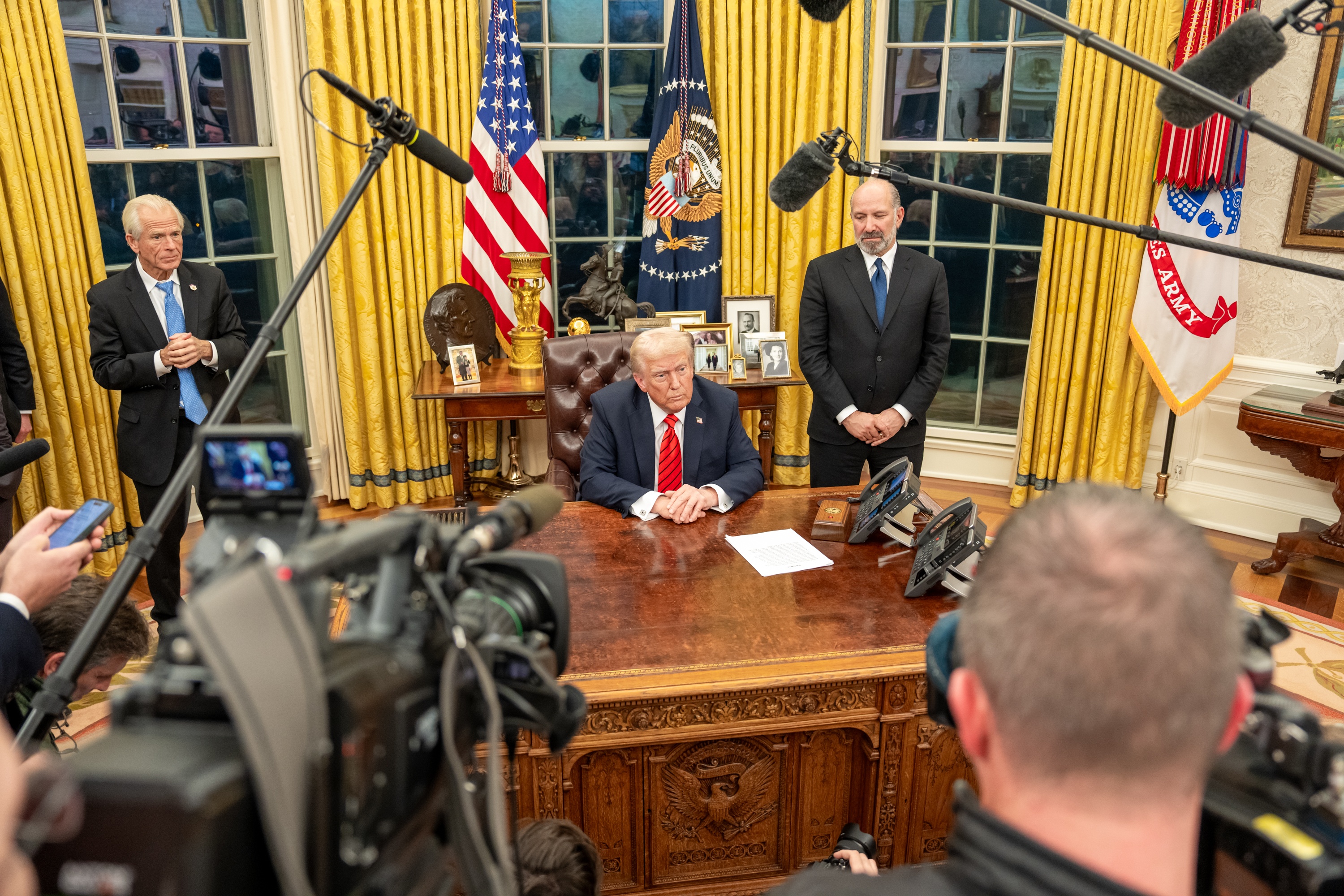Malinowski on IHL Away from the Battlefield and on the Meaning of Imminence
Last week I raised the question whether Human Rights Watch has altered its position on the scope of application of international humanitarian law (“IHL”)—a topic with tremendous significance for both the detention and targeting debates. The issue arose because, in a recent letter from Kenneth Roth concerning targeted killings, HRW described the scope of IHL’
Published by The Lawfare Institute
in Cooperation With

Last week I raised the question whether Human Rights Watch has altered its position on the scope of application of international humanitarian law (“IHL”)—a topic with tremendous significance for both the detention and targeting debates. The issue arose because, in a recent letter from Kenneth Roth concerning targeted killings, HRW described the scope of IHL’s application in a manner that arguably is narrower than a formulation previously articulated by HRW’s Tom Malinowski. The specific issue: does IHL ever have application beyond the geographic confines of “a genuine battlefield”? Tom’s formulation had referred both to a conventional battlefield and “to its equivalent beyond the reach of law enforcement,” whereas Kenneth’s letter referred only to genuine battlefields. Separately, I also raised a question about HRW’s understanding of the “imminence” requirement associated with the use of force in circumstances governed not by IHL but rather by human rights law.
Tom was kind enough to reply on both points (with characteristic good humor and insight), and to permit me to post his thoughts:
We haven’t changed our position, though in this murky area I can understand how people might interpret any change in wording as being enormously significant. But remember, I’m a character in a Woody Allen movie, not the Pope. ;-) We continue to think that there are two bodies of law here, not three – there is IHL and there is human rights law, or [what we might call] policing rules. As I said in my posts, whether and when one can apply IHL beyond a traditional battlefield (and specifically in Yemen) is a hard question. One can imagine circumstances where it might. But I did not try to answer the question with respect to Yemen. I did try to argue that in practice – in the places we are talking about -- the distinction is not necessarily crucial. This is because policing rules allow targeted killing when someone poses an imminent threat to life and cannot be arrested, and because I believe that for prudential reasons, the US should apply the same standard (i.e., targeted killing only when such a threat exists and law enforcement means aren’t available) even if an argument can be made that IHL applies. The distinction becomes more important when we’re talking about law of war detention, but that is another matter. As for what I mean by “imminence” – here is what I said in my posts: I don’t think that the “imminence” rule would require the U.S. to show that an al Qaeda planner was literally on his way to the airport to put a bomb on a plane to Chicago before launching a strike. But it would require an individualized determination that the target is actively involved in planning future attacks (as against simply having been involved in terrorism in the past). I think that’s fairly clear, no? Anyway, our main point, which I keep coming back to, is that what matters here is not so much what we think but what the administration thinks. And that the administration can and should be more clear about where they draw these lines and why. This was the most important matter, I think, that Ben and I agreed on. And here we are again, making the same point.I am grateful to Tom for this thoughtful, and helpful, reply. As to the question of IHL’s scope of application: Tom’s reply makes clear that we should not read too much into the narrower language employed in Kenneth’s letter. That is, we should not construe the omission of the words “or its equivalent beyond the reach of law enforcement” as signaling that HRW believes IHL-based targeting authority never extends beyond a conventional battlefield scenario, and we should not construe HRW as having articulated a firm position as to whether and when it might be applicable in Yemen in particular. Of course, it is clear that HRW does not accept that IHL has general/global applicability in the sense of attaching to individuals based solely on their associational status wherever they may roam. As to the question of the meaning of imminence: Tom correctly chides me for failing to recall that he’d already shed more light on HRW’s views than I suggested in my original post. The language he quotes above makes clear, on one hand, that HRW does not understand imminence to require the sort of temporal and functional immediacy one might associate with a police officer’s decision as to whether he or she may fire at a suspect in an ordinary law enforcement setting. The passage also makes clear, on the other hand, that a target must be personally and actively involved in planning for future violent acts, as a necessary condition for lawful targeting under this non-IHL model; status-based targeting (e.g., targeting based on simply on membership in AQAP) would not cut it, nor would targeting based solely on a person’s past conduct (though one assumes that such past conduct would be quite relevant to the determination of a person’s future intentions). As Tom suggests (and as I suggested in my original post), this relatively flexible approach to imminence could go a long way toward reducing the importance of determining whether IHL ever applies to a strike occurring in locations geographically-removed from conventional battlefields. It would not eliminate the difference, of course, insofar as the IHL model is understood to convey the authority to target based on status alone irrespective of involvement in particular plots, yet it would at least collapse the difference in an important set of cases. The difference probably would remain considerable, however, with respect to the question of authority to detain without criminal charge (again as both Tom and I suggest).
Robert (Bobby) Chesney is the Dean of the University of Texas School of Law, where he also holds the James A. Baker III Chair in the Rule of Law and World Affairs at UT. He is known internationally for his scholarship relating both to cybersecurity and national security. He is a co-founder of Lawfare, the nation’s leading online source for analysis of national security legal issues, and he co-hosts the popular show The National Security Law Podcast.





